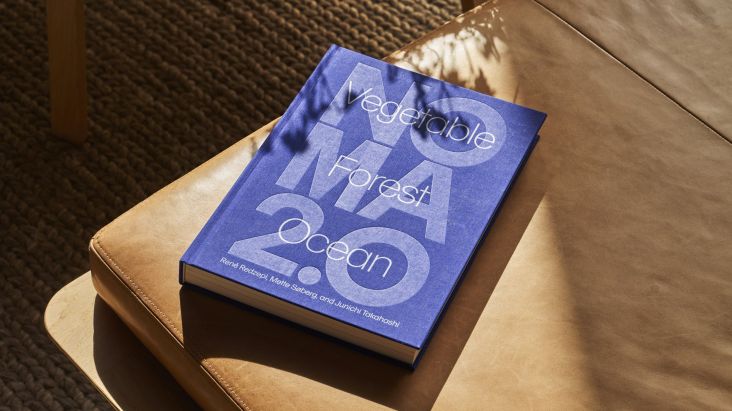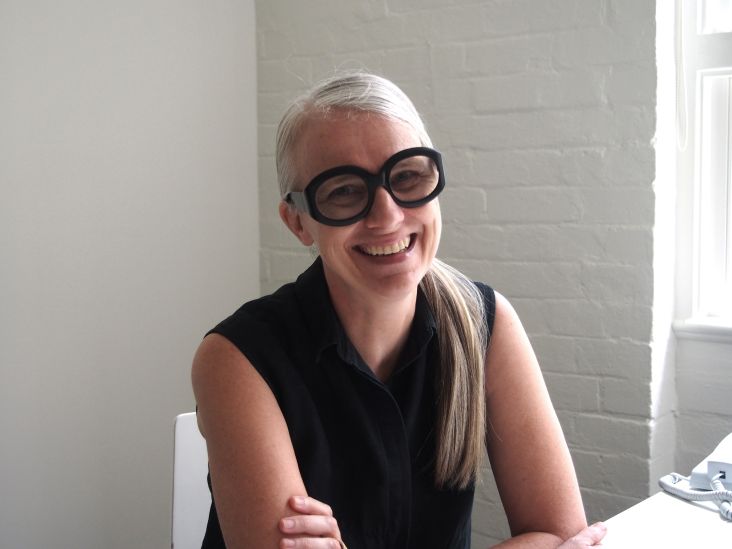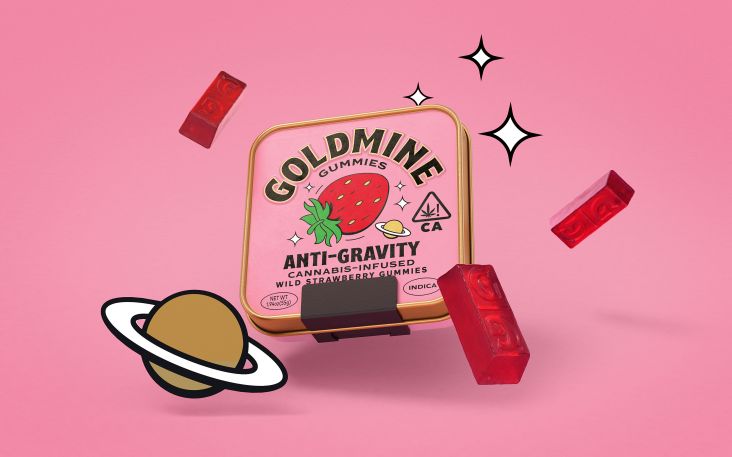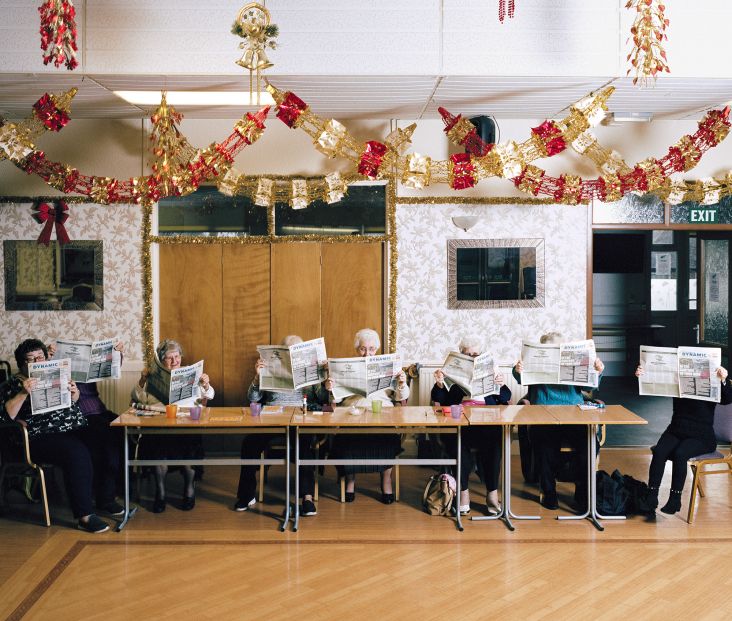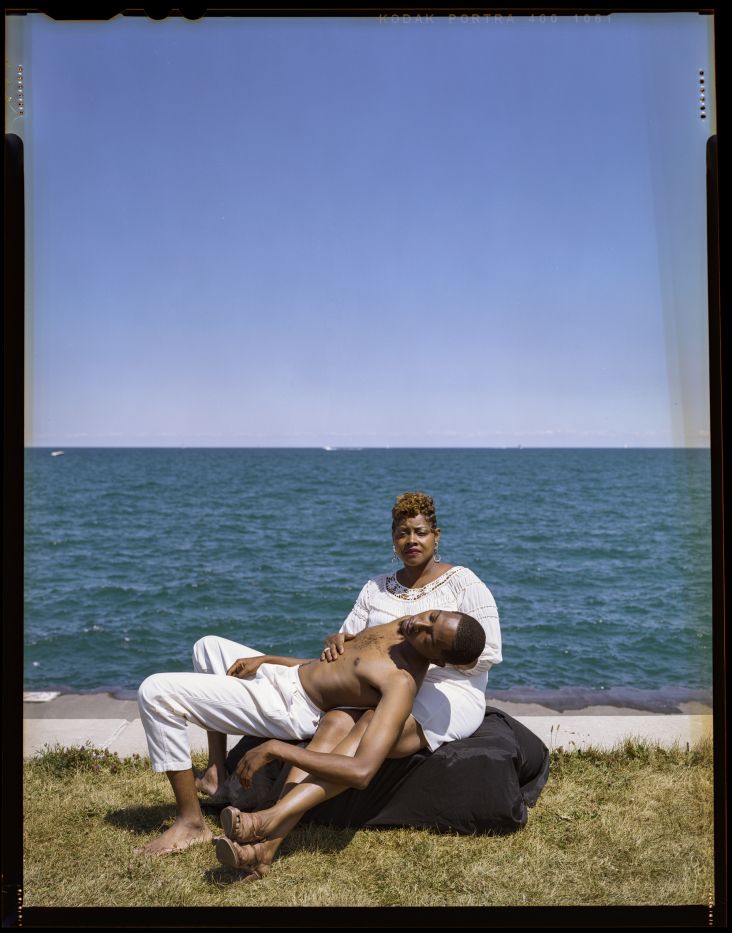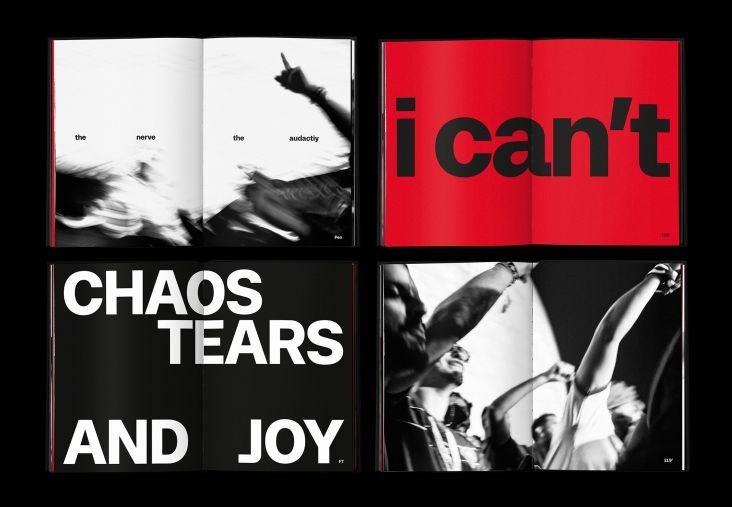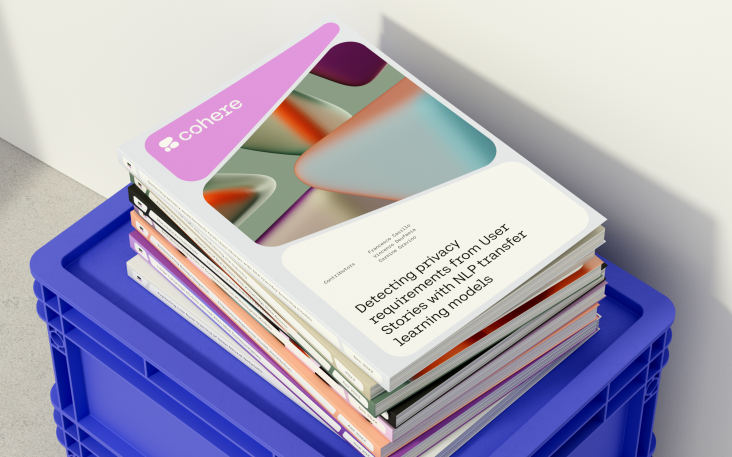Ghazal Qadri's endearing comics find the humour and drama in the everyday
Atlanta-based illustrator and picture book maker Ghazal Qadri turns everyday occurrences into laugh-out-loud moments in her series of daily comics. But her cultural heritage is rooted in people making art under difficult conditions.
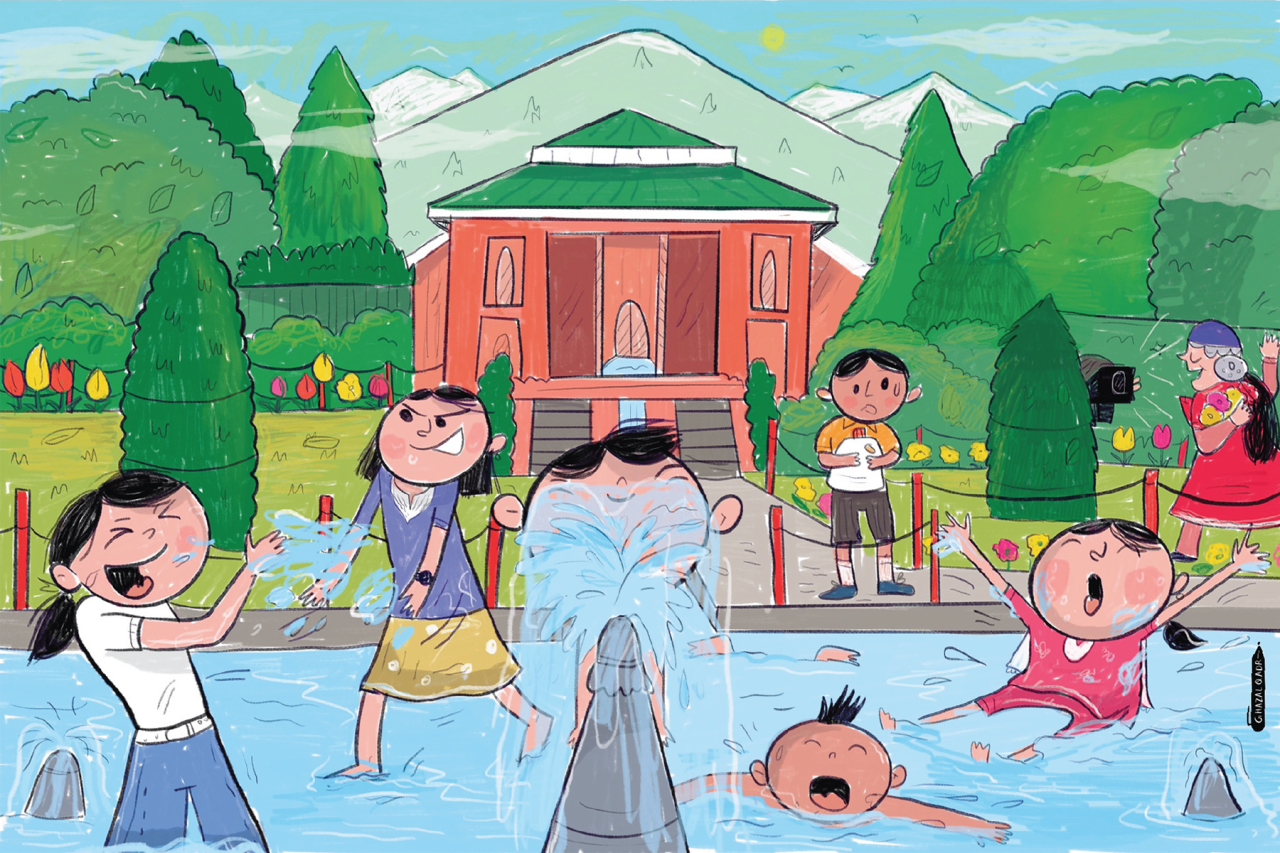
Ghazal Qadri delights audiences with her comics about a speck of dirt trying to have fun in milk and her father's secret love affair with his wife's books. But for the Maryland Institute College of Art graduate and Pippin Properties-represented illustrator, creativity is just as much associated with getting through the bad times as it is documenting the good.
That's because she grew up in a country that boasts a rich cultural heritage of art and craft but one that has experienced great conflict: Kashmir. "It's a haven for culture lovers who want to experience a variety of arts and crafts in the beautiful valley," she tells Creative Boom. "From utensils to clothes, furniture to jewellery, everything in Kashmir reflects the skill and dedication of the locals."
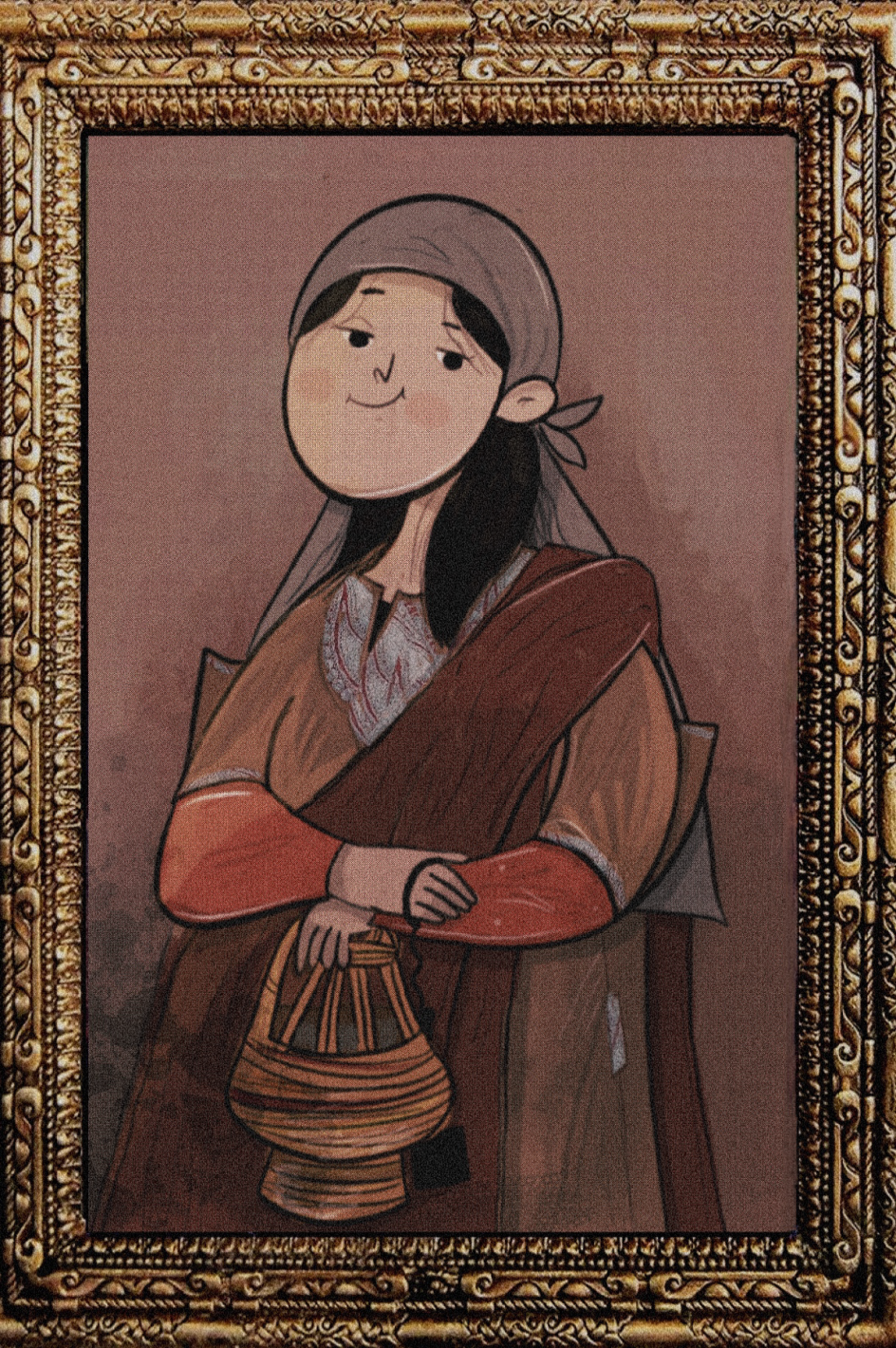
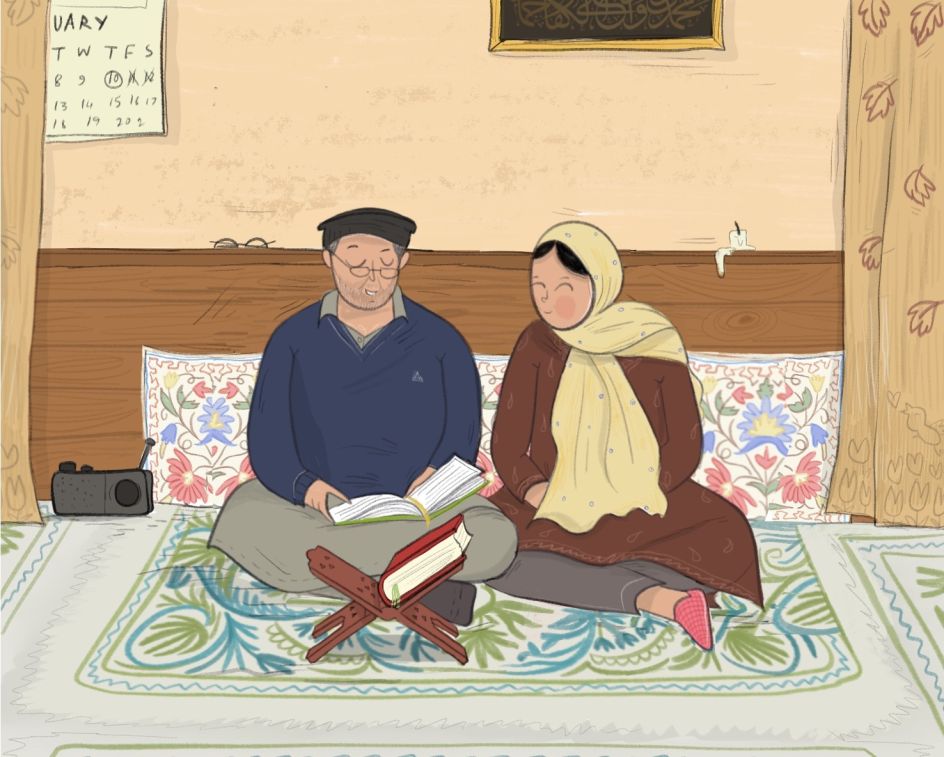
Yet while there is a "palpable presence" of art and design in every aspect of the country's daily life, Ghazal claims that artists who live in this conflict zone are "highly sensitive" to their art and cultural traditions. She explains: "Art is a healing process for them. They release their anger and frustration through this form of expression.
"Despite many societal barriers and obstacles the artists face, they don't give up and make a difference. For these artists, the brutality of history is a canvas, and their art becomes a channel to express their emotions of anger and misery. It is a sort of an outlet."
Art was also an outlet for Ghazal when she was growing up. She describes herself as a mischievous and naughty schoolkid who would vent her frustrations and pent-up energy by drawing caricatures of teachers while they delivered lectures. "I found myself packing up outside the class," she jokes.
Then, as a preteen, Ghazal's father bought her dozens of picture books and comics, and her love of the medium was born. "Doodling grew into a passion," she explains. "I departed from the much-cliched path of becoming a doctor or an engineer. I went to a boarding school, which was a defining moment for me. I worked as the illustrator for the school magazine and even represented the school in several cartoon competitions. While all this happened, my friends and family always encouraged me to pursue my passion."
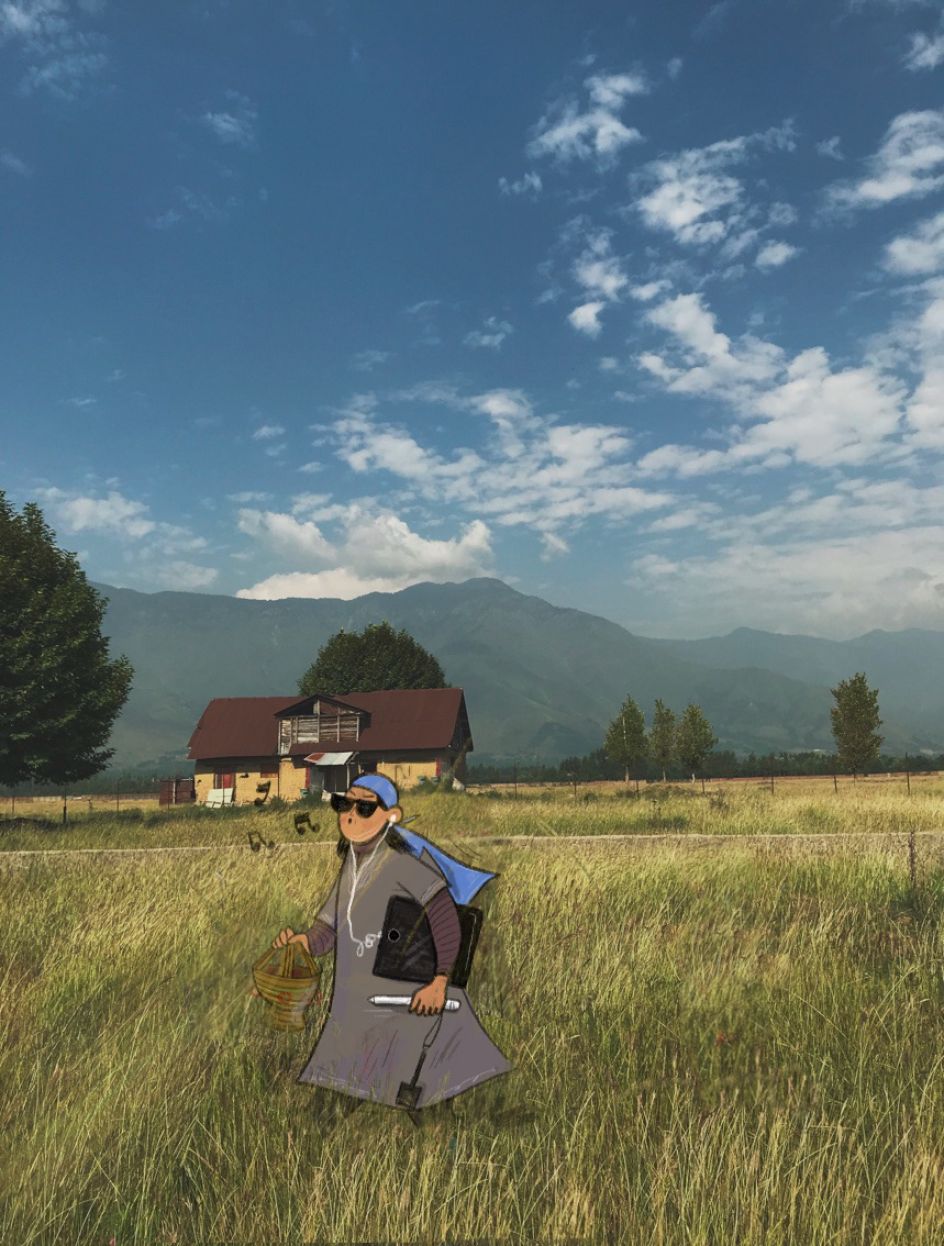
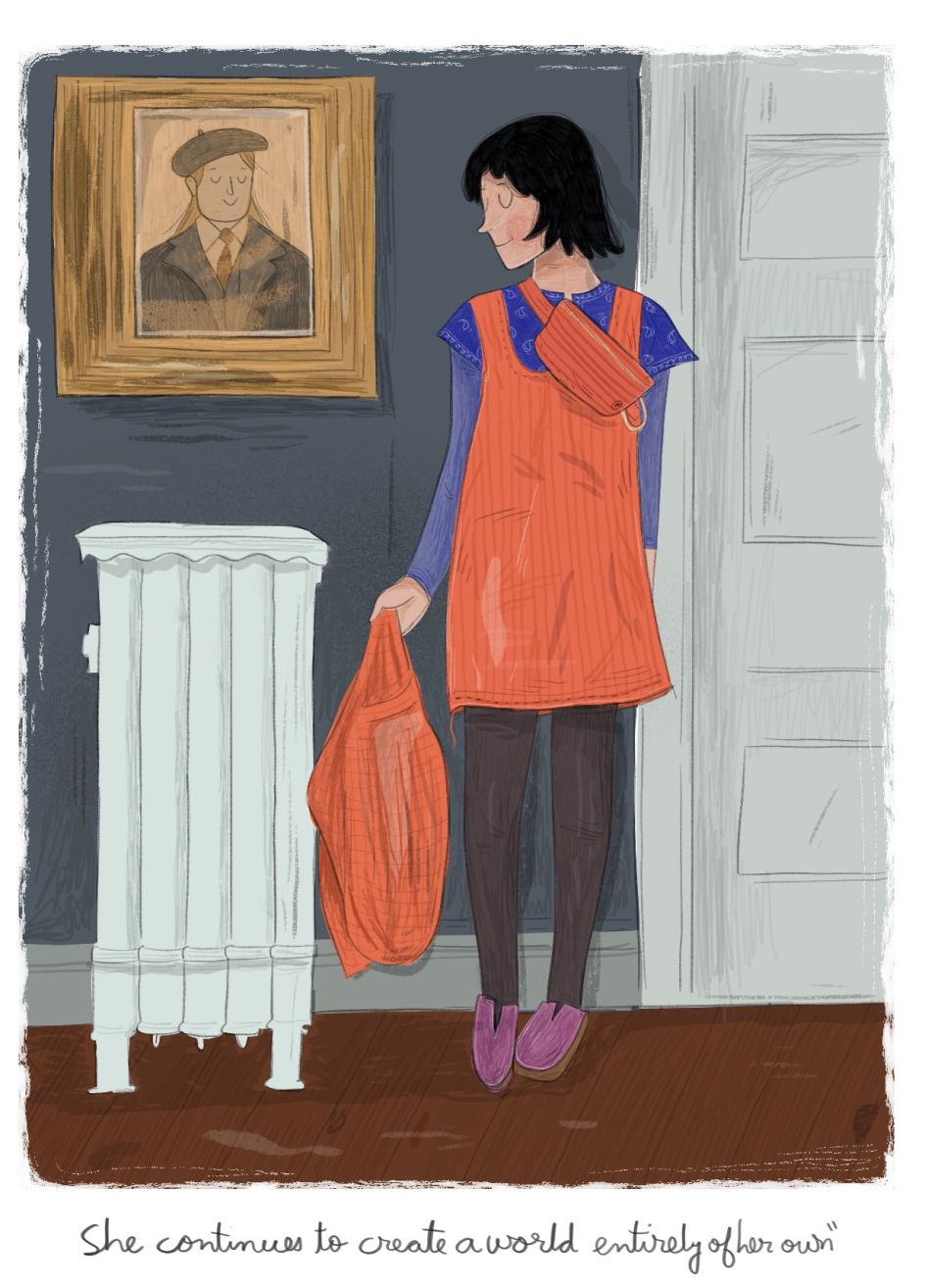
The characters that Ghazal draws today are mostly based on her daily experiences, such as her father's reading habits and the times she's shared with her Indian roommate living in Maryland. "It's a lot of fun to record my memories and emotions and let others go through them," she reveals.
As for how she comes up with ideas each day, Ghazal says that they just sort of come to her. "The flow carries me on, the purpose of which is to keep flowing, not looking for a peak or utopia but staying in the flow. You can find me staring at people most of the time. It is nothing but me looking out for content! I am always watching!
"I carry a pen and notebook in my pocket wherever I go. I also use the Notes app on my phone to jot down ideas and record the experiences I encounter. It is not that hard to find an idea roaming. You just have to spot it. The world is colourful and fun! Homo Sapiens are amusing!"
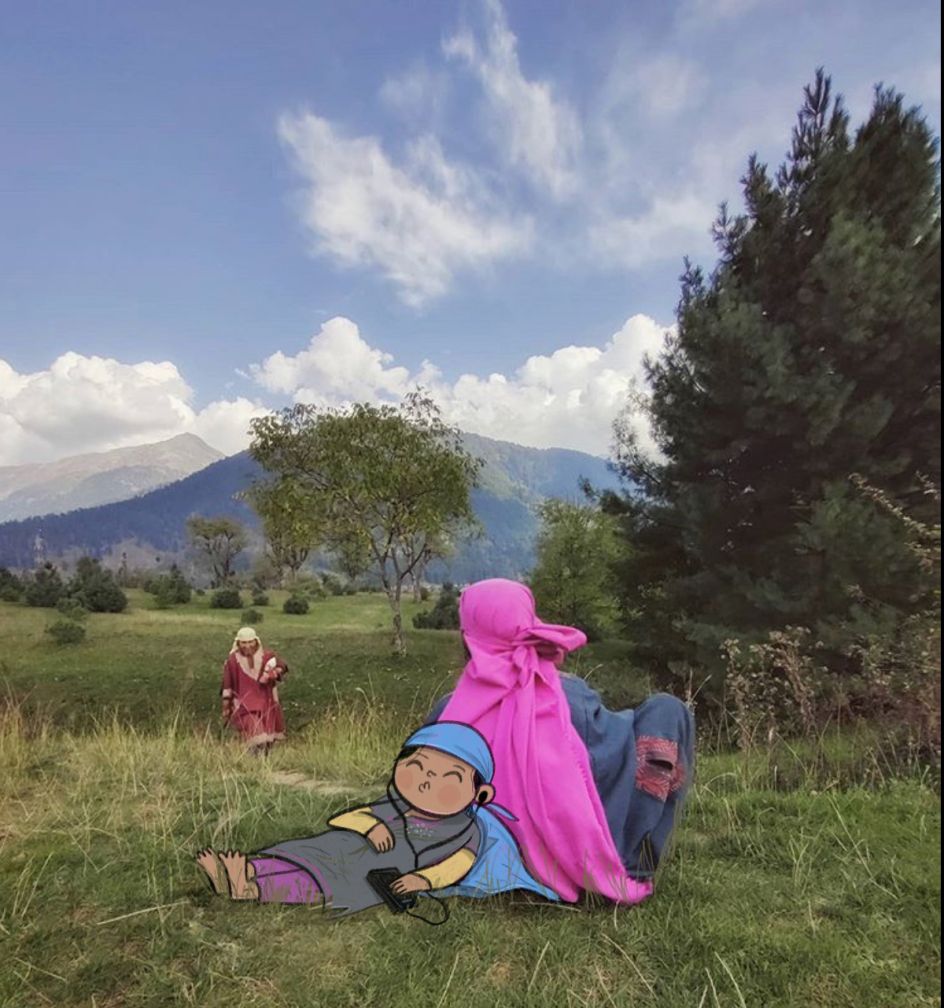
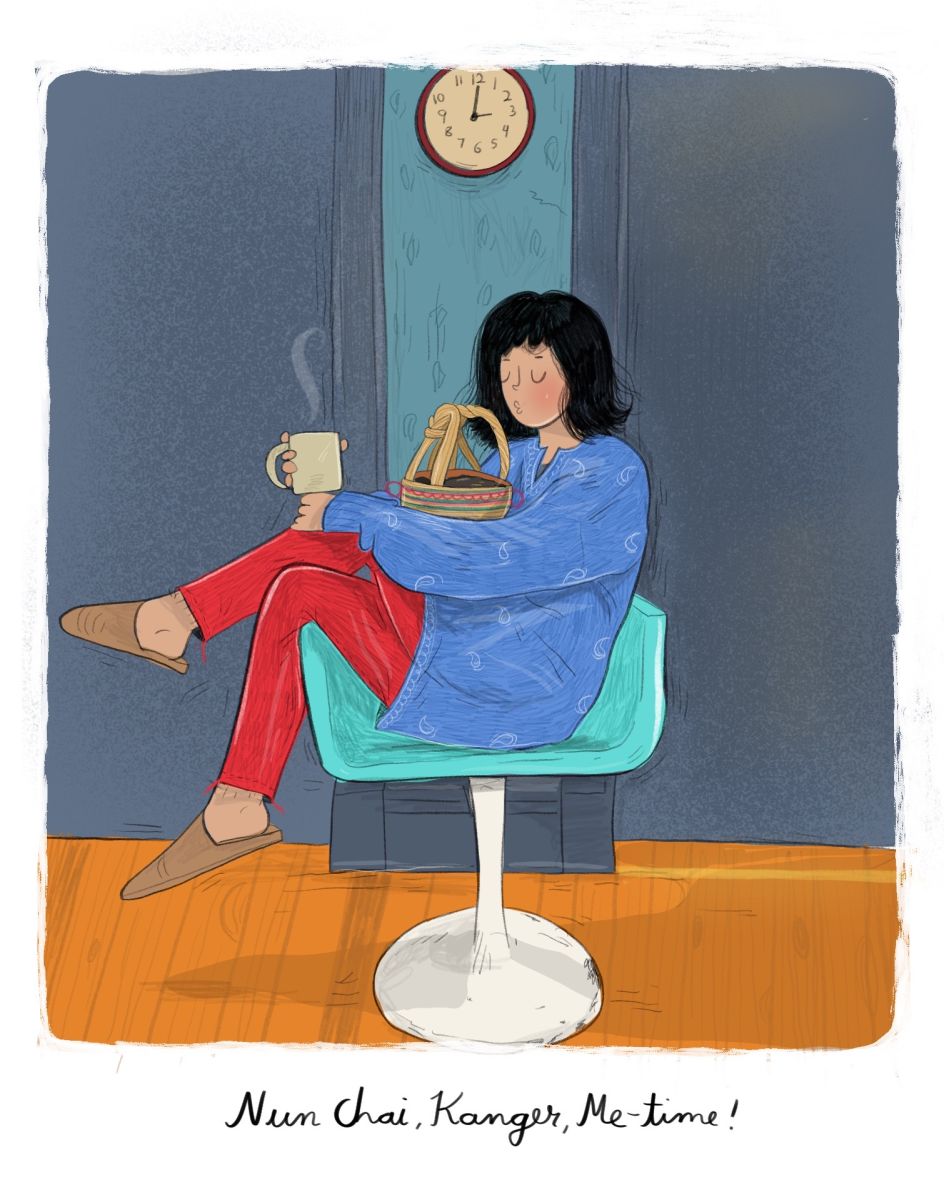
A prime example of this work ethic can be seen in her recent children's picture book, Sonth is Here. Translate as Spring is Here, the title published by Pratham Books, documents Ghazal's first-hand experience of welcoming the spring in Kashmir and all the joy and happiness that people feel after enduring the long, harsh winter.
"I have always been mad keen to tell my personal stories while at the same time also exploring and promoting the culture of my native country. It's really breathtaking to find someone else relating to your stories."
For budding artists hoping to follow in her footsteps, Ghazal advises beginners to be alert and keenly observant. "Try to engage with people and learn about them," she recommends. "Make more friends because they provide many stories to draw on. The essential tools are to observe, 'to think' and 'conceptualise' and later 'build upon a subject.'"
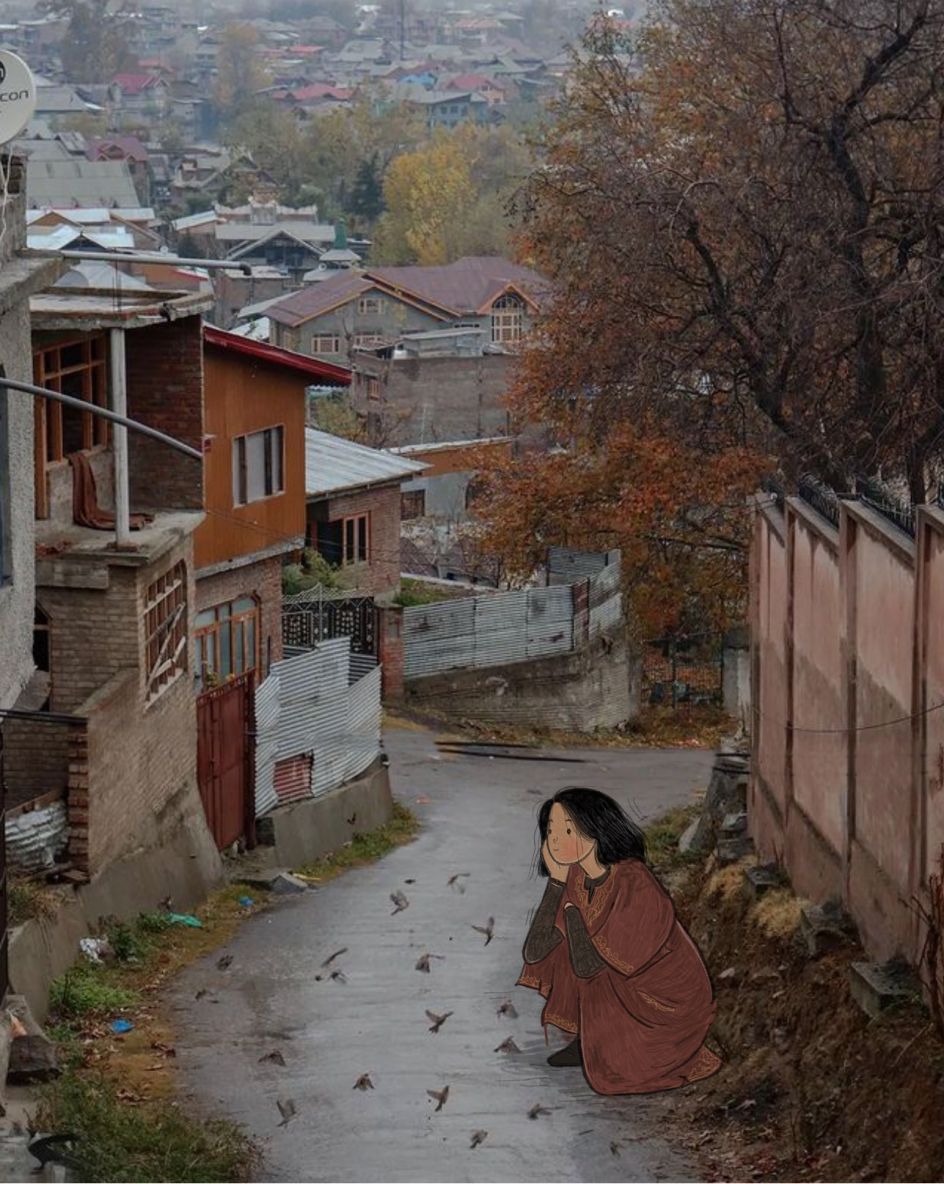
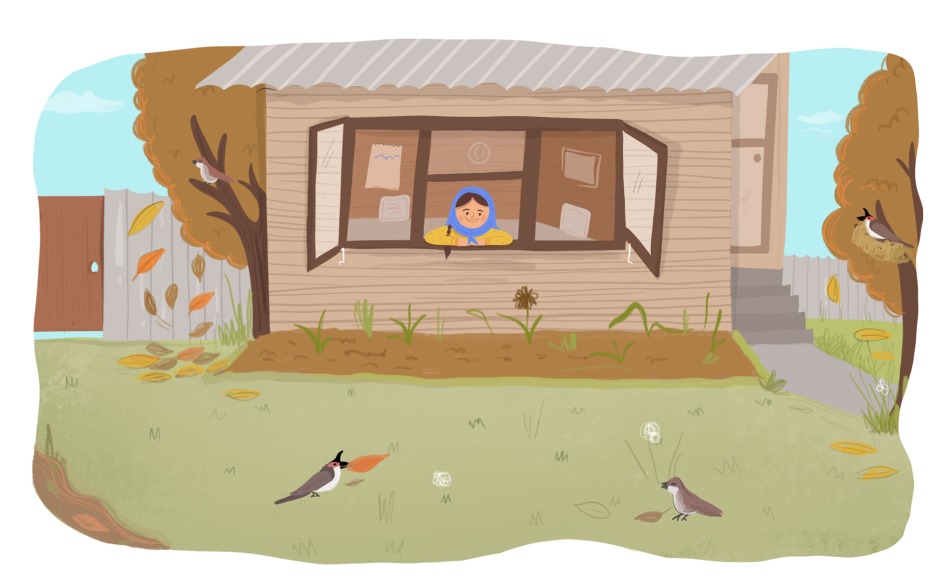
She adds: "Jotting down, I believe, is also a very important task. Take notes all the time. Our minds are highly cluttered nowadays, so we can easily miss out on the different things we come across. I always intend not to miss any chance and make sure to record my experiences.
"Some notes are important; some are not. You can decide on filtering the mixed bag later and effectively use what you recorded. As you are always on the lookout, observing and noting down, you can mix more ingredients and add magic later. Draw every day! Make a lot of drawings! Get used to it. As well as being observant, look for humour every day and create drama! Make theatrics and exaggerate!"
And despite drawing inspiration from artists like Grant Snider, Mike Lowery, Gemma Correl, Tom Gauld and Oliver Jeffers – of whom Ghazal admires their simplicity and vast and inclusive audience – her main influence is people. "I get inspired by everything they talk about or do. There is just some kind of amusement in looking at people and their actions."
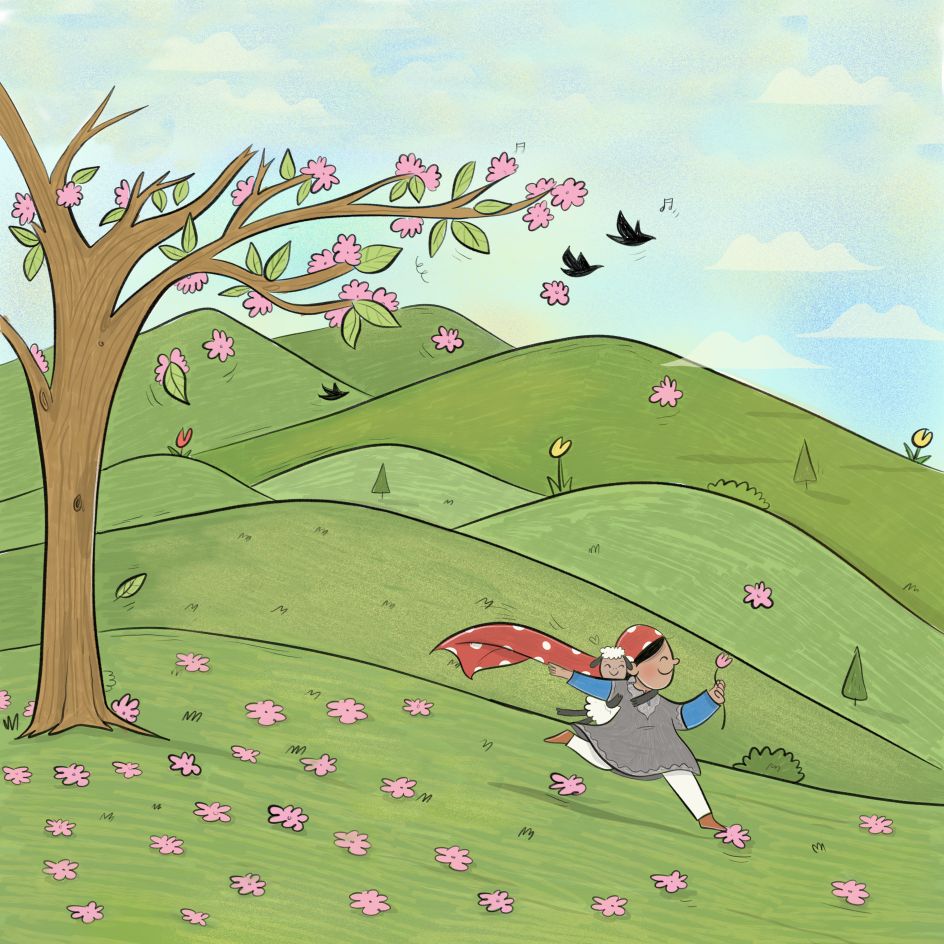




 by Tüpokompanii](https://www.creativeboom.com/upload/articles/58/58684538770fb5b428dc1882f7a732f153500153_732.jpg)


 using <a href="https://www.ohnotype.co/fonts/obviously" target="_blank">Obviously</a> by Oh No Type Co., Art Director, Brand & Creative—Spotify](https://www.creativeboom.com/upload/articles/6e/6ed31eddc26fa563f213fc76d6993dab9231ffe4_732.jpg)








